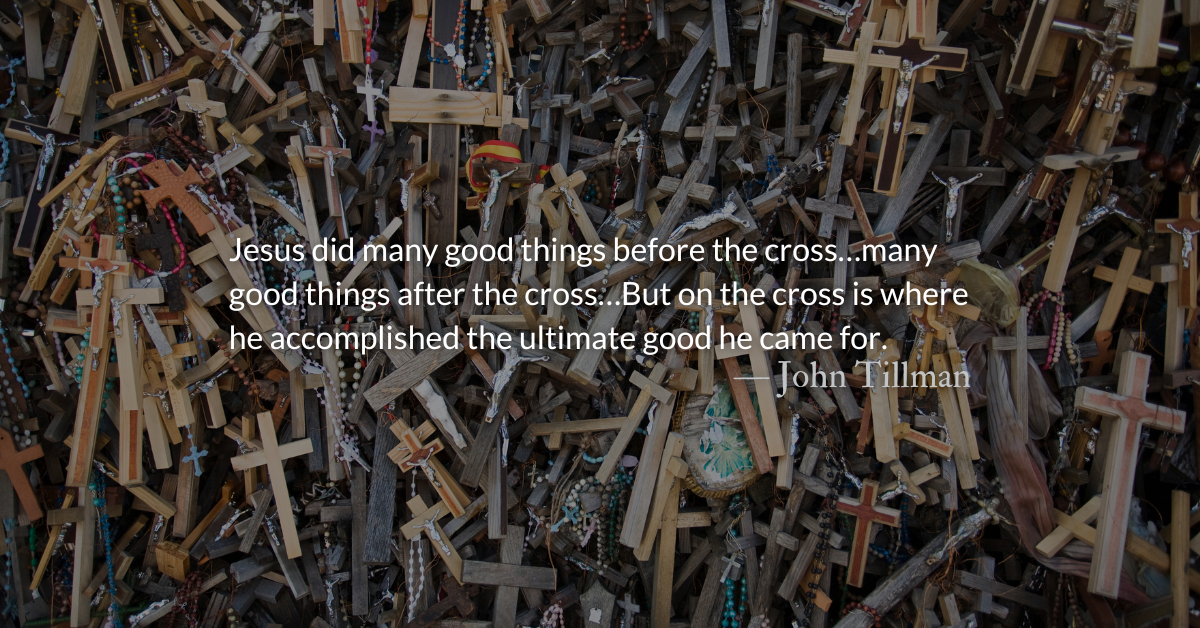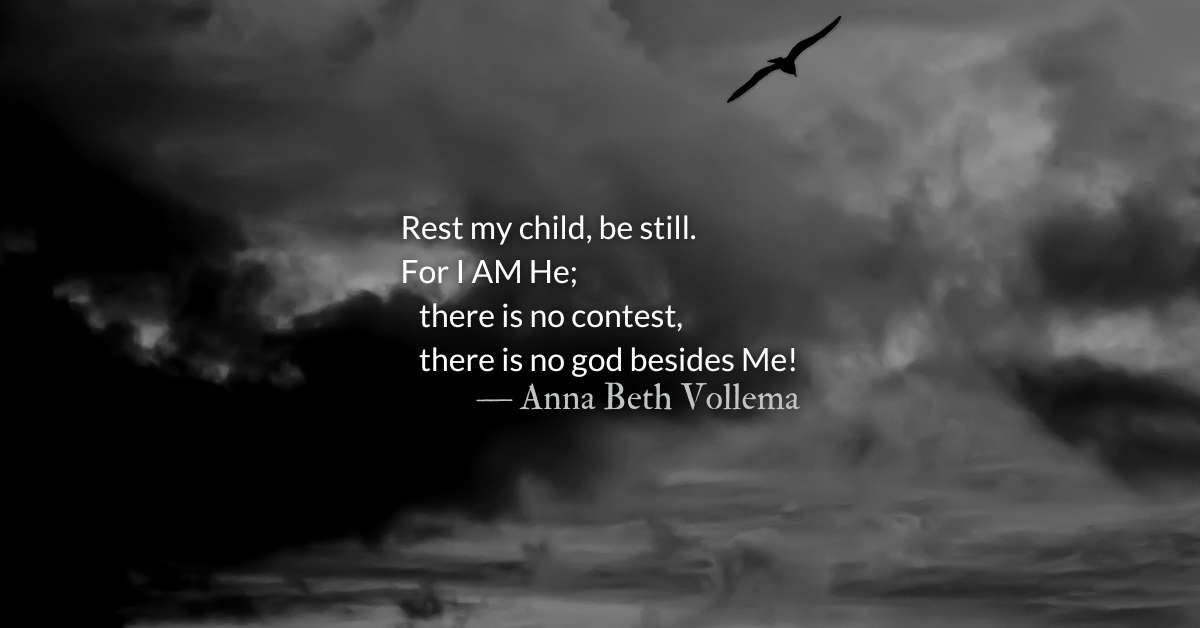Links for today’s readings:
Read: Ezekiel 7 Listen: (4:32)
Read: Romans 10 Listen: (3:21)
Scripture Focus: Romans 10.12-15
12 For there is no difference between Jew and Gentile—the same Lord is Lord of all and richly blesses all who call on him, 13 for, “Everyone who calls on the name of the Lord will be saved.” 14 How, then, can they call on the one they have not believed in? And how can they believe in the one of whom they have not heard? And how can they hear without someone preaching to them? 15 And how can anyone preach unless they are sent? As it is written: “How beautiful are the feet of those who bring good news!”
Reflection: No Difference?
By John Tillman
The founding document of the United States says “all men are created equal,” yet its authors and signers failed to live out that principle fully. We still have difficulty living it out both politically and spiritually.
Ignoring racial, socioeconomic, and cultural differences is difficult. We often look down with distrust on those from poorer backgrounds or countries or we resent the wealthy upper classes who come from different circumstances.
The greater the difference, the harder it is to see them as “equals.” Legal equality isn’t the same as equality in our hearts.
Paul said there was “no difference” between Jew and Gentile. Isn’t this unrealistic or delusional? The Jews and Gentiles saw differences.
The Jews had “paid their dues,” serving and submitting to God’s laws for centuries. How could Paul make the Gentiles equal to them by saying that there is “no difference?” Jews viewed their culture as advanced and their wisdom beyond reproach. Jews were “chosen.” Gentiles were not. Jews were “holy” Gentiles were “unclean.” Jacob was “loved.” Esau was “hated.”
There were differences of language, dress, customs, food, holidays, and rituals. Both groups thought the other strange. Within each group there were those who had suspicion, disdain, or open hatred toward the other group.
Paul wasn’t saying that Greek and Jewish art, food, educational systems, or customs were equally good. Paul also was not picking winners or losers in a cultural conflict. Paul was describing a spiritual status that makes all the other differences unimportant by comparison.
The only difference that matters is being in Christ or not. And the only thing Paul calls us to do about the difference, is to evangelize. Not to blame. Not to fear. Not to accuse. Not to demonize. Not to fight or win. To evangelize.
It is difficult to evangelize those you demonize. It is difficult to share the truth with those you slander. It is difficult to tell good news about Jesus when people hear the bad news you share about them. This makes beautiful feet not so beautiful. (Isaiah 52.7; Romans 10.15)
Paul does not say everyone who votes or eats, prays or sings, dresses or worships like us will be saved. He said, “Everyone who calls on the name of the Lord will be saved.” (Joel 2.32; Acts 2.21; Romans 10.13)
Let us not call unclean what God calls clean. (Acts 10.15)
Let us be dedicated to making it possible for all people to call on his name.
Divine Hours Prayer: The Call to Prayer
Sing to the Lord and bless his Name; proclaim the good news of his salvation from day to day.
Declare his glory among the nations and his wonders among all peoples. — Psalm 96.2-3
– From The Divine Hours: Prayers for Autumn and Wintertime by Phyllis Tickle.
Read more about Don’t Rebuild Walls Christ Destroyed
Christ destroyed the dividing wall of hostility…Let us not, therefore, allow some Christian voices to entice us to rebuild these walls.
Read more about Prepare for the End
Christians are sometimes guilty of looking forward to the apocalypse like a private revenge fantasy. Just a hint: imagining everyone who was mean to us burning isn’t Christ-like.






